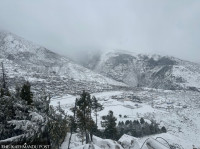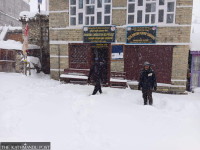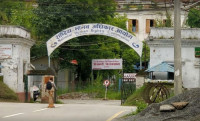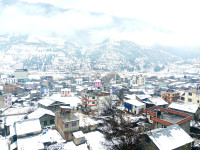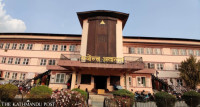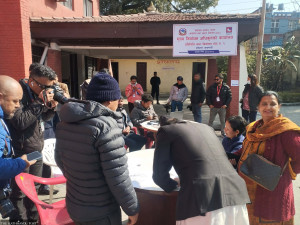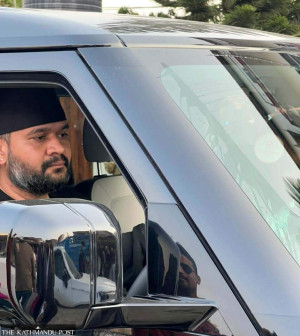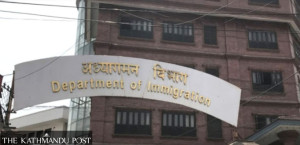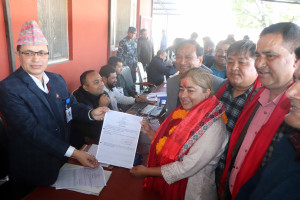National
Truth Commission wraps up 29 war-era cases of atrocities, victims unhappy
Commission says it has prioritised complaints that don’t need prosecution.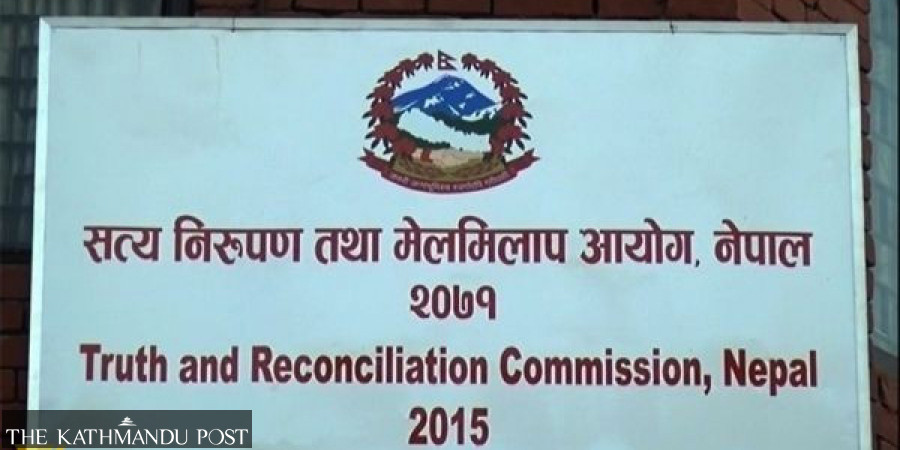
Binod Ghimire
The Truth and Reconciliation Commission has concluded investigations into over two dozen cases providing compensation to the victims of the Maoist insurgency.
Based on the commission’s recommendations, the Cabinet last week decided to provide Rs2.32 million in compensation on 29 complaints with a maximum of Rs500,000. Purna Prasad Poudel from Surkhet district, who is a victim of illegal detention and destruction of property, will receive Rs500,000 in compensation.
Mana Dahal, a member and spokesperson for the commission, said in addition to the compensation, the victims in 29 other cases will receive reparation which includes interest-free loans, skill development training and scholarship for education. The government, however, is yet to decide on the reparation.
“We recommended compensation and reparation after a detailed investigation into 29 cases,” she told the Post. “These cases have been closed and prosecution will not be necessary.”
Formed in February 2015 to investigate the war-era crimes and atrocities, the commission has received 63,718 complaints.
In around seven years after its formation, the commission has conducted preliminary investigations of nearly 4,000 complaints and completed detailed investigations of just 29 cases.
Dahal said they are conducting detailed investigations of around 600 complaints.
The commission currently has prioritised the complaints that do not need prosecution.
Cases like brief detention and destruction of property fall under the category which can be settled through reparation and compensation. The cases of gross violation of human rights, however, need prosecution.
Officials at the commission say they recommended the compensation based on the Enforced Disappearances Enquiry and Truth and Reconciliation Commission regulation and the gravity of cases.
The conflict victims say while it is good that the commission is concluding the investigation, the basis on how the victims were compensated must be transparent.
“The commission hasn’t revealed as to how someone was compensated,” Janak Raut, a former general secretary of the Conflict Victims Common Platform and a victim of torture, told the Post. “Above all, the victims must be satisfied with the commission’s decision.”
Talking to the Post last month, Ganesh Datta Bhatta, chairperson of the commission, had claimed the victims are satisfied with the recommendation from the commission. He had claimed that their recommendation for compensation was higher than the victims’ expectations.
The victims, who would be receiving the compensation, however, have a different say.
Poudel said the compensation is much lower than the loss he suffered.
The then Royal Nepal Army, according to Poudel, seized his two vehicles and looted jewelry items while he had to spend over a million in treatment as he was tortured in an army camp in Bardiya.
“Half a million rupees is very less compared to the losses I suffered while the commission also hasn’t booked the person involved in arresting and torturing me,” he said.
Poudel further said that the commission never communicated to him as to what made it determine the compensation sum at Rs 500,000 and let off the army personnel who tortured him without any action.
The officials at the commission, however, say they recorded a statement from the accused army officer, who is retired now, and there was no evidence to prove his involvement in the case.
“There was no proof to establish Poudel’s claim and some of his claims were contradictory,” said Dahal, the commission spokesperson.
Human rights lawyers aren’t convinced with the investigations conducted by the commission. They say the accused will never accept that s/he has committed the crimes they are accused of, and that the commission must find circumstantial evidence.
“I am not convinced with the detailed investigations by the commission,” Gyanendra Aran, a human rights lawyer who has filed several cases on the behalf of the victims, told the Post. “The commission must be transparent in its actions.”




 16.12°C Kathmandu
16.12°C Kathmandu
